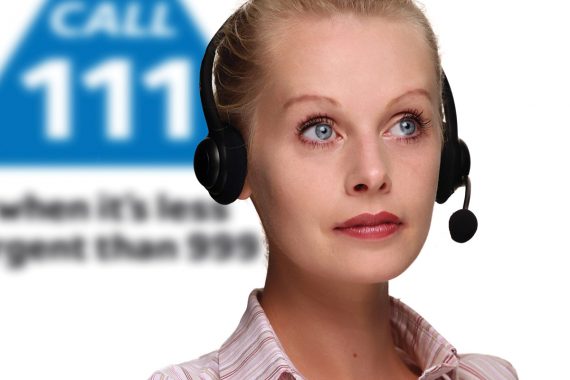Our resources page on triage and treatment during Covid-19 has a series of guides for you to explore, giving you a wealth of information to support your practice.
PLEASE NOTE: THIS IS NO LONGER RELEVANT AND IS NOT BEING UPDATED BUT HAS BEEN LEFT ON THE SITE FOR REFERENCE PURPOSES ONLY
What you need to know to triage and assess suspected cases of Covid-19
On this page is an updated synthesis of all relevant guidance for primary care, with a list of key points and steps to take.
Sourced from PHE, the information on this page is aimed at supporting GPs on when to suspect SARS-CoV-2 reinfection and how to investigate suspected cases.
This page contains updated information based on emerging evidence on symptoms and signs of Covid-19, and formal case definition and clinical features from PHE.
What are the neurological manifestations of Covid and how do they present?
Provided by Dr Michael Zandi, consultant neurologist, this overview is helpful for GPs to understand about neurological presentations of Covid-19.
What do I need to know about skin manifestations of Covid-19?
This brief guide, with advice from a consultant dermatologist at the Hospital for Tropical Diseases, provides an overview of dermatological presentations in Covid infection.
Advice from a consultant cardiologist on spotting Covid in patients who present with cardiac symptoms.
Information sourced from Covid Crisis Rescue, a non-profit service organised and run by volunteers, on transport for patients with Covid symptoms to and from medical appointments in London.
Cardiopulmonary resuscitation (CPR)
This page lists guidance from authoritative organisations at their differing stances on CPR and whether it is an aerosol-generating procedure.
A brief guide for GPs on caring for patients with interstitial lung disease, with information on shielding and specific issues if patients are unwell with Covid-19.
On this page is a summary of the NICE Covid-19 rapid guideline on chronic kidney disease, with information on shielding, medication, review and referral.
How should GPs approach patients reporting neurological symptoms after mild Covid infection?
On this page, you’ll find a consultant neurologist’s advice for GPs on how to manage patients with post-Covid neurological symptoms, and who should be referred to secondary care.
This information is sourced from Dr Sarah Logan, consultant in infectious diseases and general medicine, on considering blood-thinners in high-risk DVT patients.
Evidence and guidance from several resources on NSAIDs and their role in reducing acute symptoms (such as fever) and their effect on long-term Covid outcomes.
On this page is a comprehensive overview of eligibility for home monitoring, desaturation testing, and the limitations of oximetry in some groups.
Differentiating viral Covid-19 pneumonia from bacterial pneumonia
This guide gives information and advice to help GPs to differentiate between and treat viral and bacterial pneumonia.
This guide details leaflets and videos to share with patients, and an overview of safety netting guidance for GPs.
How can we advise patients who have difficulty thinking clearly to approach their recovery?
Top-line advice from a consultant neurologist on supporting patients who report ‘brain fog’ after having Covid infection.
This information is sourced from a consultant neurologist, and is aimed at helping GPs to manage post-Covid brain fog.
Advice from a consultant neurologist on optimising management of this patient cohort.
Asthma – managing exacerbations
On this page is a resource for supporting GPs with caring for asthmatic patients during Covid-19, with information on rescue packs, distinguishing asthma from Covid-19 and use of inhaled and oral steroids.
On this page, you’ll find information about managing exacerbations, oral corticosteroid use, and interpreting oxygen saturations when patients are unwell with Covid 19.
This resource, from the NHS Specialised Clinical Frailty Network and NICE, outlines the importance of identifying and grading frailty using the Clinical Frailty Scale (CFS) during the Covid-19 outbreak.
Post AstraZeneca vaccination headache
This information, sourced from the MHRA, Pulsetoday.co.uk, the RCGP and the University of Cambridge, gives advice about treating post-vaccination headache, when to offer a face-to-face appointment, and red flags.
Management and guidance on febrile children
This guide brings together information from UK Research and Innovation (UKRI), the Royal College of Paediatric and Child Health (RCPCH) and the RCGP, to support GPs in their approach to possible Covid-19 infection in children.
London-wide oxygen saturation probe loan service
Sourced from the Covid Crisis Rescue service, information on this page is on the rapid pulse oximeter delivery service, which is now running 7 days a week.













